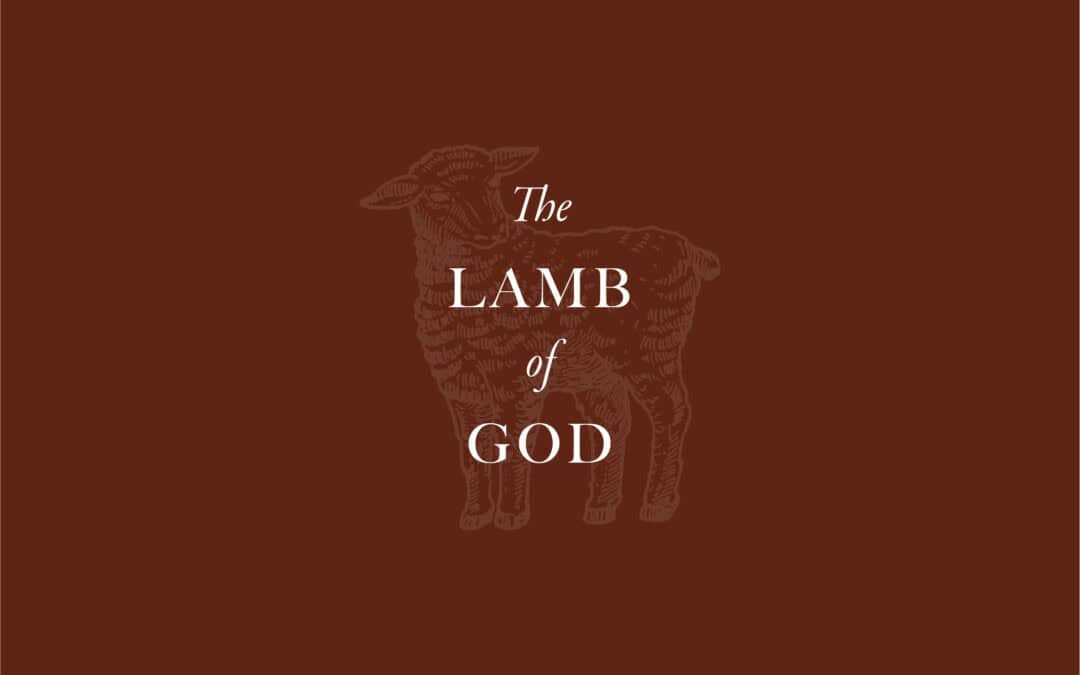“And in the same region there were shepherds out in the field, keeping watch over their flock by night. And an angel of the Lord appeared to them, and the glory of the Lord shone around them, and they were filled with great fear. And the angel said to them, “Fear not, for behold, I bring you good news of great joy that will be for all the people. For unto you is born this day in the city of David a Savior, who is Christ the Lord. And this will be a sign for you: you will find a baby wrapped in swaddling cloths and lying in a manger.” And suddenly there was with the angel a multitude of the heavenly host praising God and saying, “Glory to God in the highest, and on earth peace among those with whom he is pleased!” – Luke 2:8-14
When you think of Bethlehem, the story of King David, the shepherd boy, likely comes to mind. The fields around Bethlehem were home to sacrificial lambs destined for the Temple in Jerusalem. Shepherds in the region understood Bethlehem flocks were the primary supplier for Passover lambs to be purchased for sacrifice.
Why did they kill sheep? To fulfill the Old Testament command that blood must be spilled as part of Passover to cover our sins. Not just any blood, though, but blood for perfect, unharmed, and spotless lambs.
The shepherds watching over these flocks were not young boys or girls, as some shepherds were in other regions of the Promised Land. No, the shepherds found in Luke 2 were priestly shepherds. These were grown men trained to inspect, care for, and present these perfect lambs to please God.
Two story stone towers called Migdal Ebars— the tower of the flock— helped keep watch over the flocks around Bethlehem. This passage in Luke 2 likely took place with shepherds in the field or standing in the Migdal Ebar. Suddenly a bright light shines, and though fear grips the shepherds, the angel tells them, “Fear not…”
Then the angel said this significant line: Luke 2:12, “And this will be a sign for you: you will find a baby wrapped in swaddling cloths and lying in a manger.”
The bottom of the Migdal Ebar is where the shepherds helped pregnant sheep give birth to their lambs. The shepherds would take the mother sheep in, lie her on some hay and help her labor. At just the right time, they would grab the lamb from the mother and wrap it in swaddling cloth because these lambs must be perfect. The lambs couldn’t fall, brush up against something, or hurt themselves. If they did, the lambs would get a blemish and would no longer be acceptable for sacrifice. To protect this from happening, the little lambs were wrapped and placed in a manger.
When the angel said, “You will find him wrapped in swaddling clothes and lying in a manger,” he was telling the shepherds exactly what they did with the newborn lambs. They would have started connecting the dots that this baby was like a lamb— a sacrifice— one born to take away sins.
As these shepherds stood looking at a baby laying in a manger, they would have had such joy to know that the days of sacrificial lambs was soon coming to a close. They went back to their fields rejoicing because God had sent His Son to make a way for us to return to an Eden-like relationship: perfect and unhindered. Even John the Baptist later said, “Behold, The Lamb of God, who takes away the sins of the world!” (John 1:29),
Today, we rejoice that the Lamb of God came for all of us, not just for kings in palaces or rulers with status and riches. His sacrifice covers all, once and for all.
- What does Jesus’ arrival tell you about God’s grace?
- How does this connection between Temple lambs and Jesus change how you see the shepherds?
- What’s one area where you can rejoice in Christ’s perfect sacrifice today?
Father God, thank you for sending Jesus as the perfect sacrificial Lamb of God. I praise You for making your plans obvious to the shepherds. Thank you for bringing grace to all, even the lowliest of shepherds, because You cover all of our sins with your sacrifice. Help me to see this Christmas season as a small picture of Your redemption plan for mankind. In Jesus’ Name, amen.

